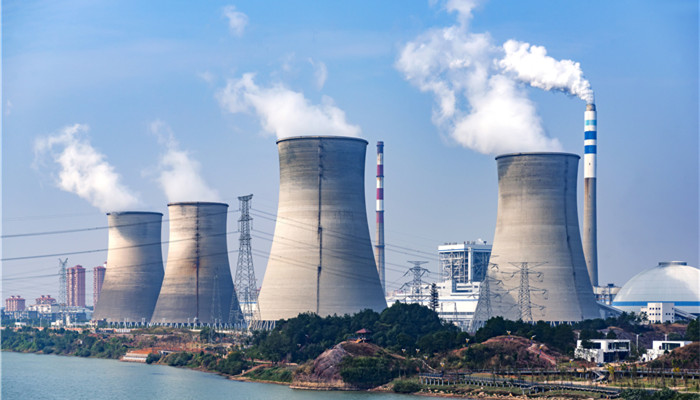
Propane dehydrogenation is one of the main ways of industrial by-product hydrogen. The industry will develop rapidly driven by the demand for hydrogen energy.
Propane dehydrogenation (PDH) is one of the main ways of producing hydrogen by-product in domestic industry. It refers to the process of catalytically converting propane into propylene and hydrogen. At present, the domestic hydrogen energy industry is still in its initial development stage. Industrial by-product hydrogen is one of the mainstream methods of producing hydrogen at this stage. As an important method of industrial by-product hydrogen, propane dehydrogenation technology has good market development prospects.
Propane dehydrogenation refers to the process in which propane mainly produces propylene and by-product hydrogen through dehydrogenation catalytic reaction. It is one of the emerging important ways of industrial production of propylene and one of the subdivision ways of industrial by-product hydrogen. The current domestic industrial by-product hydrogen methods mainly include four categories: chlor-alkali by-product hydrogen production, coke oven gas hydrogen production, propane dehydrogenation, and ethane cracking by-product hydrogen. Compared with other hydrogen production methods, propane dehydrogenation has the advantages of short production process, small footprint, short construction period, low cost, low energy consumption, low carbon emissions, high hydrogen production purity, and high hydrogen production capacity. It is At present, the domestic hydrogen production market has the most potential for hydrogen supply.
From the upstream of the industrial chain, high-purity propane is the main raw material for propane dehydrogenation. At present, domestic propane mainly comes from refinery auxiliary plants. It has high sulfur content and low purity, and is not suitable for propane dehydrogenation units. Therefore, the high-purity propane required for domestic propane dehydrogenation units still relies on imports. The low degree of localization of upstream raw materials restricts the development of the propane dehydrogenation industry. In the future, propane production companies will need to accelerate the improvement of their technical level and promote the continuous improvement of high-purity propane production capacity.
From the downstream of the industrial chain, hydrogen energy is currently one of the important clean energies in my country. It is widely used in fuel cell vehicles, construction, chemical industry, electronics, food, metallurgy, rail transportation and other fields. In 2021, the domestic hydrogen energy market demand has Reaching 34.63 million tons. Propane dehydrogenation is one of the important ways of industrial by-product hydrogen. In order to meet the needs of the downstream hydrogen energy and propylene markets, the number of propane dehydrogenation units put into production in China in 2021 has exceeded 12. In this context, according to the “2022-2026 Propane Dehydrogenation (PDH) Project Business Plan” released by the Industrial Research Center It shows that in 2021, the production capacity of domestic propane dehydrogenation devices with by-product hydrogen will be close to 10 million tons, and it can produce about 415,000 tons of hydrogen.
Industry Analysts personnel said that the current domestic propane dehydrogenation production capacity is mainly concentrated in the Yangtze River Delta and the Pearl River Delta. The main companies include Donghua Energy , Satellite Petrochemical, Wanhua Chemical, Juzhengyuan, Zhejiang Petrochemical, Zhejiang Huahong, Jinneng Technology, Midea Petrochemical, etc. In the future, in the context of the rapid development of the domestic hydrogen energy industry, the continued growth in hydrogen energy demand will drive the continuous expansion of propane dehydrogenation production capacity, and the industry has huge potential for future development. However, the current development of the domestic propane dehydrogenation industry is still affected by the high dependence on imported raw materials. In the future, local related enterprises will need to accelerate the improvement of their technical level and improve their own capabilities of high-purity propane, thereby promoting the sustainable and high-quality development of the propane dehydrogenation industry.

 微信扫一扫打赏
微信扫一扫打赏

